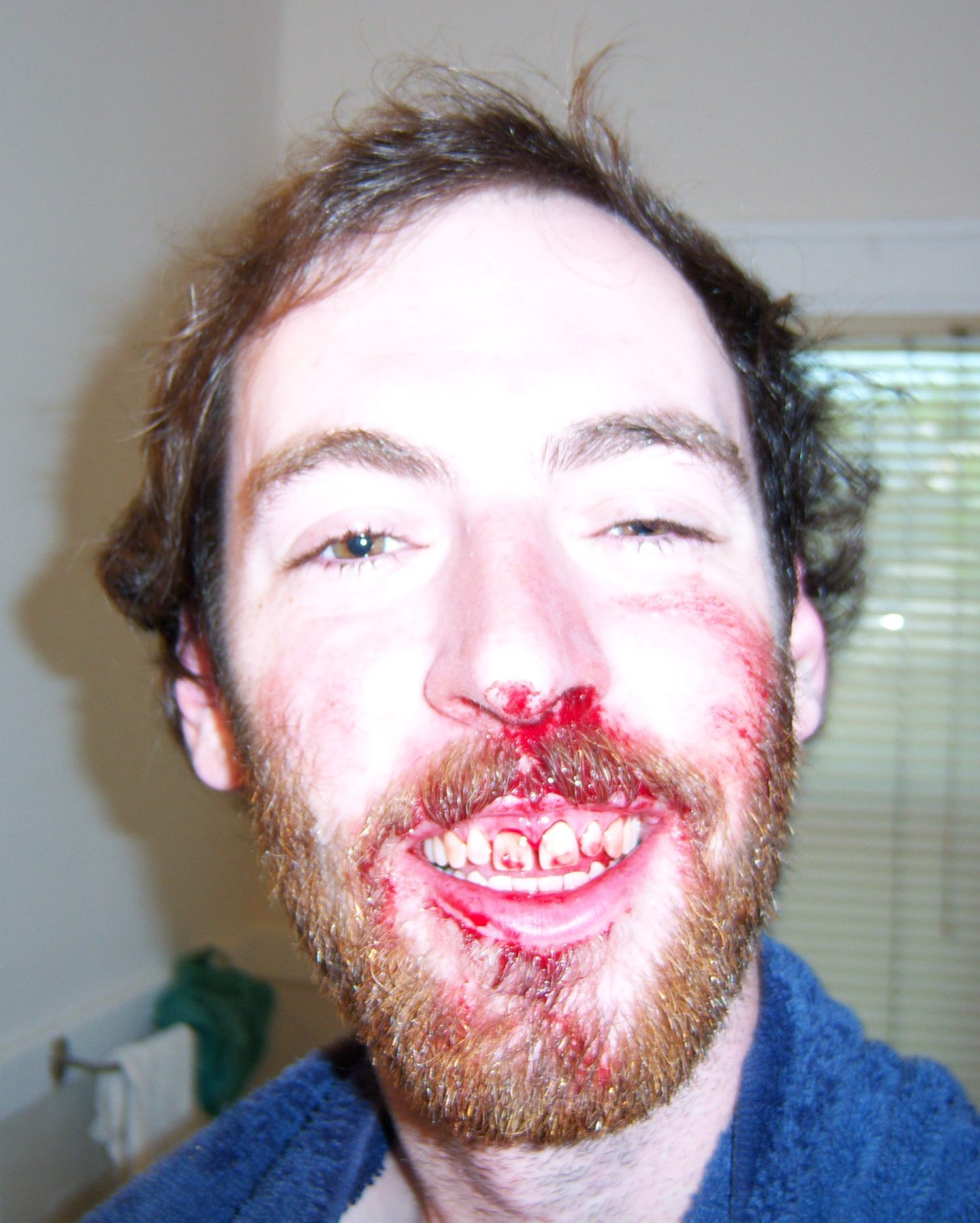How to Treat Facial Bleeding

Knowing how to treat facial bleeding is extremely important, as it is very much a part of the basic first aid. There is no rocket science involved in this. You need to stop the flow of blood with a clean piece of cloth. After that, the wound should be cleaned.
One should not take facial bleeding any lightly. Take immediate measures to stop the facial bleeding. Meanwhile, you need to seek medical attention in order to see whether there is any broken bone. You may also need stitches as well.
You are also required to know the basic forms of bleeding. Capillary Bleeding is mostly slow and small in quantity. Usually, the body’s natural clotting mechanism succeeds in handling this problem.
Venous Bleeding is caused due to deep cuts, especially when you get an open vein cut. You can stop such bleedings by putting some pressure on the cut.
Arterial Bleeding is the most dangerous one. The bright red colour comes out in very large quantity, and if it does not stop immediately, a person may lose his/her life.
Instructions
-
1
To stop facial bleeding, you initially need to take a piece of cloth and apply some pressure on the wound. If the blood still comes out, increase the pressure, but without causing any more damage. Don't apply too much pressure should be applied on the tender near the temple and eyes.
-
2
Don’t remove the piece of cloth until you get medical help. A lot of people make a huge mistake by removing the pressure all of a sudden, when they feel that the bleeding has stopped. It is not a good idea, because the bleeding may start again.
-
3
If there is any blood coming out from the nose, quickly tilt the head back in order to reduce the flow.
-
4
If you are facing a bleeding forehead, you need to ensure that the blood does not enter the nose or mouth while flowing downwards. The airways should stay clear; otherwise, the patient will find it difficult to breath.
-
5
If the injury is not severe, bandage the wound, once the bleeding is stopped. However, you need to ensure that the wound does not attract any dust. Otherwise, the patient may catch an infection.
-
6
Consult a doctor immediately in case the injury is serious. The sooner you seek medical attention, the lesser the damage would be.







